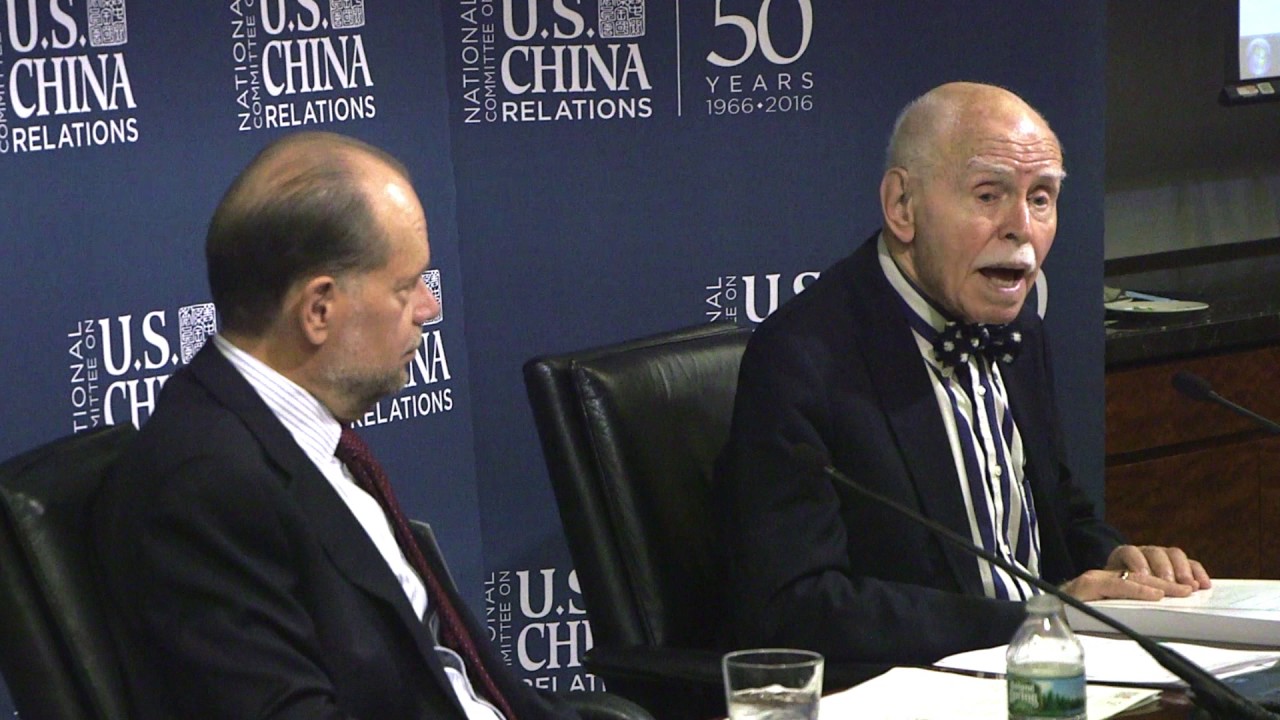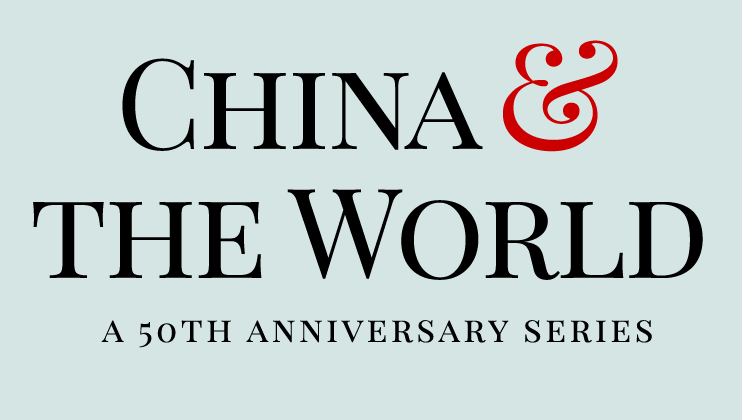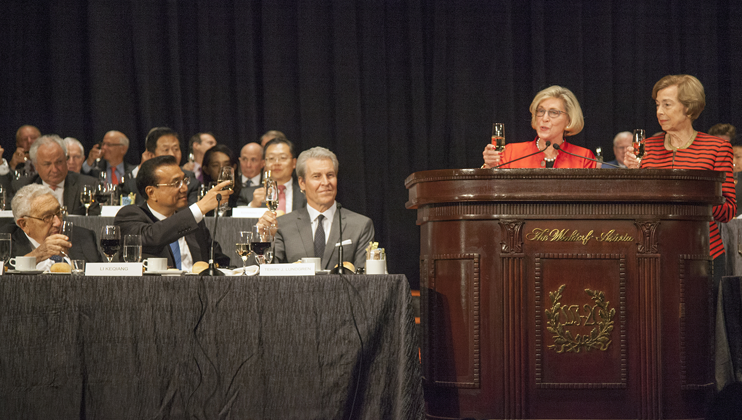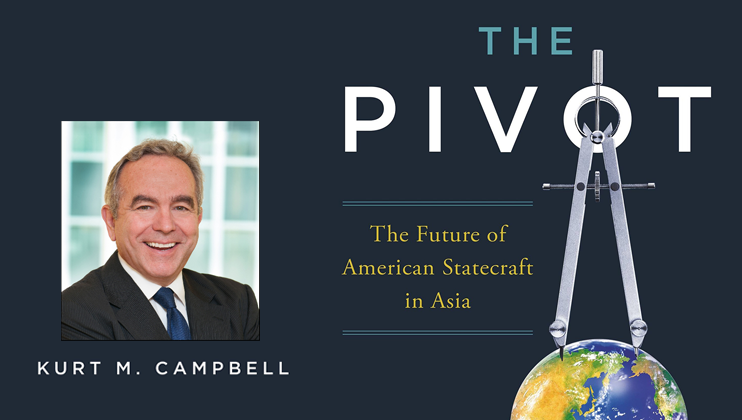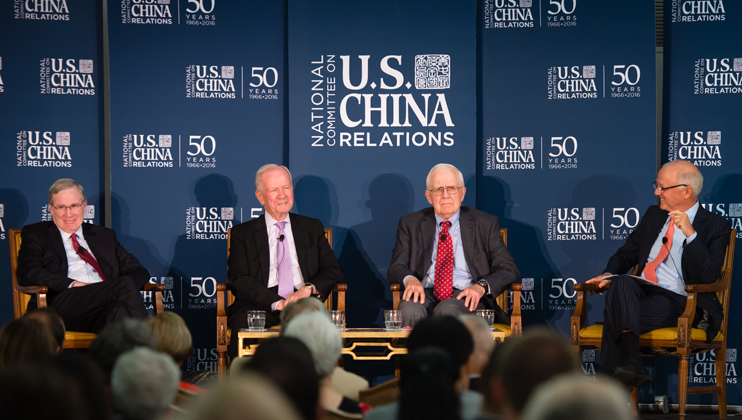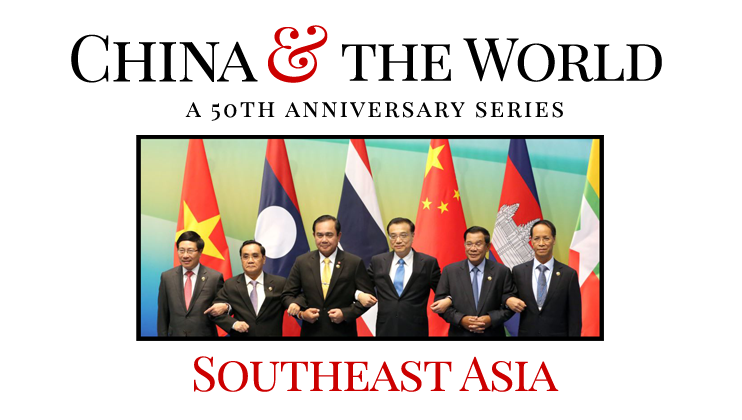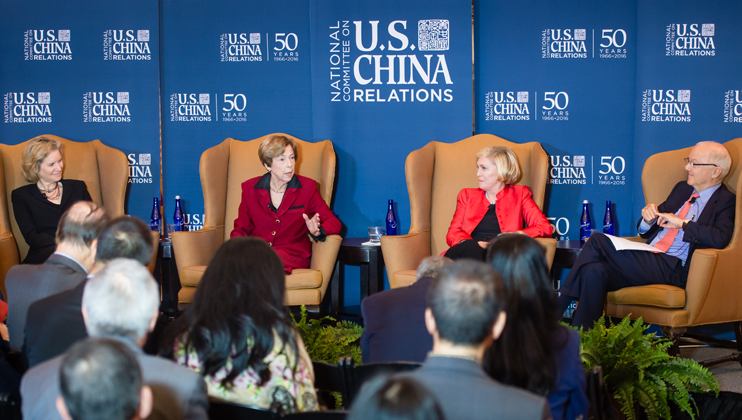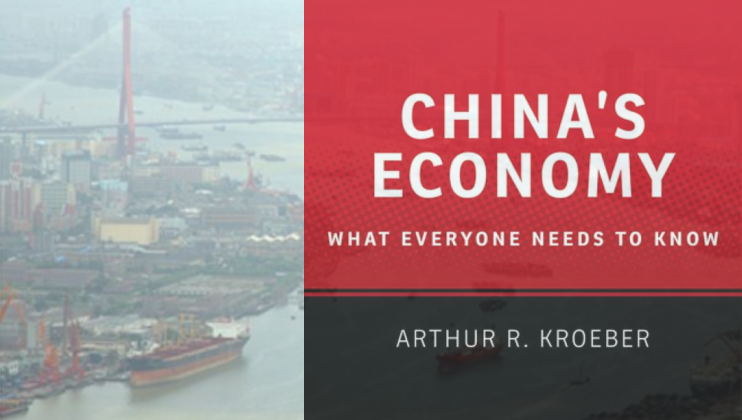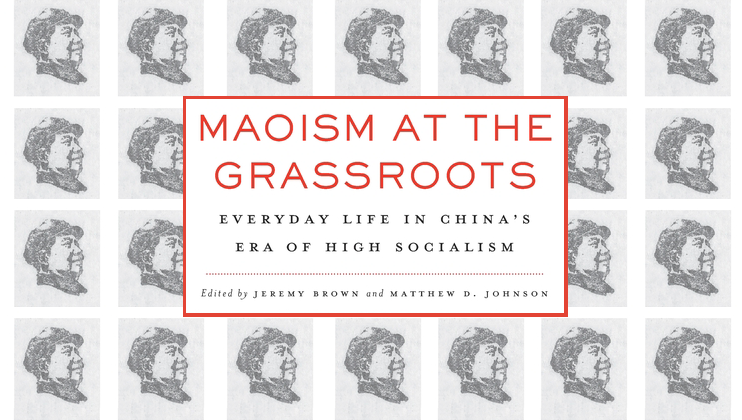Recent Events
Professor Jerome A. Cohen discusses the political, legal, and economic ramifications of the present situation in the South China Sea, and analyzes the drivers of geopolitical competition in the region.
Dr. Henry A. Kissinger headlines our tenth annual CHINA Town Hall: Local Connections, National Reflections, held on October 18, 2016, followed by local presentations at 85 venues across the country and Greater China.
Philippe Le Corre discusses the current landscape of Europe-China relations, and his new book, China’s Offensive in Europe.
The National Committee was pleased to join with the Economic Club of New York and the US-China Business Council in welcoming Chinese Premier Li Keqiang at a 2016 dinner at the Waldorf Astoria in New York.
Author and diplomat Kurt M. Campbell discusses his role in crafting the Obama Administration’s ‘pivot to Asia’, and what America’s role in Asia will be in the years to come.
Every morning, the national security advisor briefs the president of the United States on the world’s most pressing security threats, from ISIS to the Zika virus. Our collective security is increasingly reliant upon cooperation between the United States and China, whether it is minimizing the risk of conflict in the South China Sea, dealing with North Korea’s nuclear weapons program, or responding to climate change. We explore these issues and more in a program featuring former National Security Advisors Richard V. Allen, Stephen J. Hadley, and Robert McFarlane in conversation with National Committee President Stephen A. Orlins.
We are thrilled to be able to reconnect with friends both old and new over the next year as we celebrate our 50th anniversary. As part of this celebration, we hosted a reunion in Washington, D.C. for all participants of our past programs.
For the fourth installment of our 50th Anniversary series, China and the World, Drs. Bates Gill, Evelyn Goh, and Chin-Hao Huang discuss the current strategic landscape in Southeast Asia, and what options the United States and China have in the region.
What does record Chinese investment in the United States mean for Sino-American relations? What are the biggest benefits from and challenges to the U.S.-China trade relationship? We explore these issues and more in a program featuring former Commerce Secretary Barbara H. Franklin and former U.S. Trade Representatives Carla A. Hills and Susan C. Schwab, in conversation with National Committee President Stephen A. Orlins.
Economic scholar Arthur Kroeber dispels misconceptions about the state of the Chinese economy, and offers his analysis of the future of the world’s second largest economy.
Author and Journalist Rob Schmitz reveals how a street in Shanghai exemplifies the profound social changes underway in contemporary China.
Historians Jeremy Brown and Matthew Johnson reevaluate the history of Maoism and its impact on Chinese society.
